Swirling waters replenish nutrients in open ocean, a new study finds, and could mitigate some climate change effects. Continue reading Small eddies play a big role in feeding ocean microbes
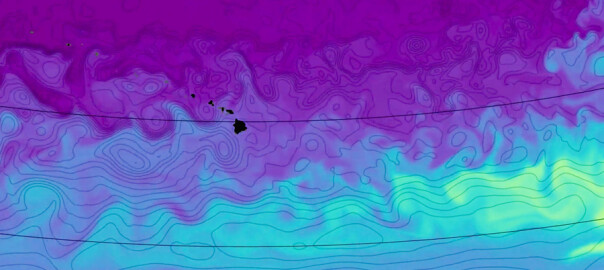

Swirling waters replenish nutrients in open ocean, a new study finds, and could mitigate some climate change effects. Continue reading Small eddies play a big role in feeding ocean microbes
Dustin Carroll, Dimitris Menemenlis, Stephanie Dutkiewicz, Jonathan M. Lauderdale, Jess F. Adkins, Kevin W. Bowman, Holger Brix, Ian Fenty, Michelle M. Gierach, Chris Hill, Oliver Jahn, Peter Landschtzer, Manfredi Manizza, Matt R. Mazloff, Charles E. Miller, David S. Schimel, Ariane Verdy, Daniel B. Whitt, Hong Zhang (2022), Attribution of space-time variability in global-ocean dissolved inorganic carbon, Global Biogeochemical Cycles, doi: 10.1029/2021GB007162
Continue reading Attribution of space-time variability in global-ocean dissolved inorganic carbon
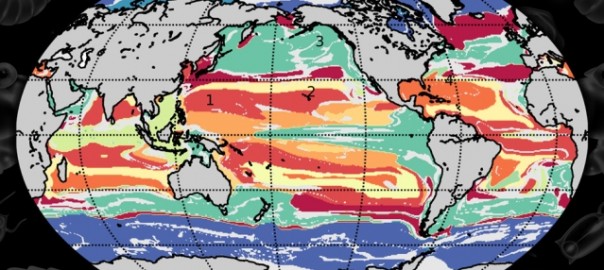
Technique developed by MIT-CBIOMES investigators could aid in tracking the ocean’s health and productivity. Continue reading Machine learning helps map global ocean communities
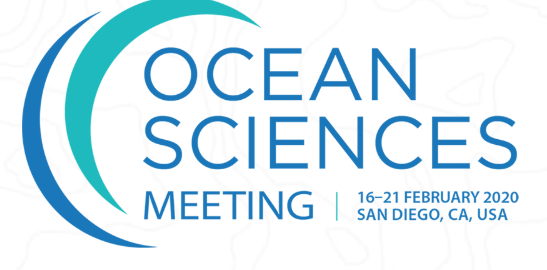
Look out for the Darwin team, sharing their work at this year’s Ocean Sciences conference taking place February 16-21 in San Diego, California.
Jann Paul Mattern, Christopher A. Edwards, Christopher N. Hill (2019), Dual number-based variational data assimilation: Constructing exact tangent linear and adjoint code from nonlinear model evaluations, PloS One, doi: 10.1371/journal.pone.0223131
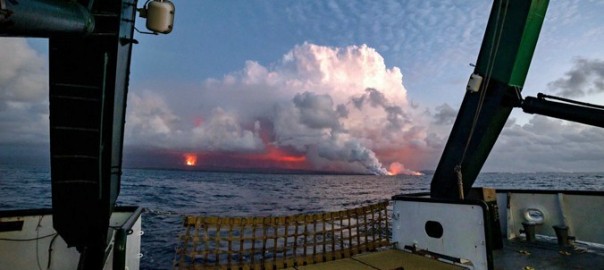
A new study led by Samuel T. Wilson from the University of Hawai’i, co-authored with Darwin Project researchers John Casey, Stephanie Dutkiewicz, Mick Follows, Christopher Hill, and Oliver Jahn, uses the Darwin ecosystem model embedded within an MITgcm (~2 km) resolution regional physical model of the North Pacific Ocean to study how the input of silicic acid, iron, nitrate, and phosphate along the southeast coast of Hawai‘i impacts nearby phytoplankton productivity. Continue reading Kīlauea Lava Fuels Phytoplankton Bloom off Hawaiʻi Island
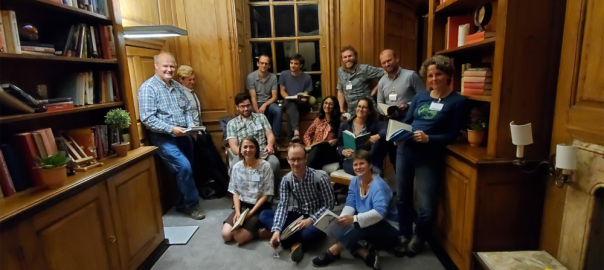
Reporting by Helen Hill for the MIT Darwin Project
The fourth Workshop on Trait-Based Approaches to Ocean Life, held August 18-21, 2019 at Chicheley Hall in Buckinghamshire in the UK was a wonderful opportunity for Darwin Group members to catch up with former colleagues while sharing current directions in marine ecology viewed through a traits lens.
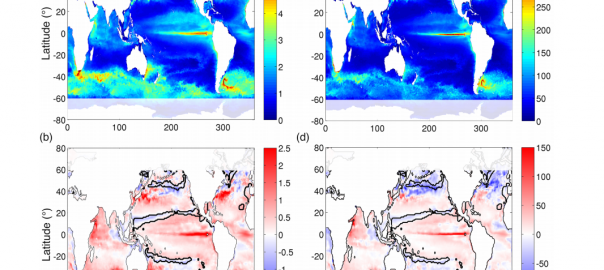
Helen Hill | Darwin Project
It’s been a decade since the inception of the MIT Darwin Project, an alliance between physical oceanographers, biogeochemists and marine microbiologists at the Massachusetts Institute of Technology (MIT). The goal of Darwin remains to couple state of the art physical models of global ocean circulation with biogeochemistry and genome-informed models of microbial processes to understand the interplay between different elements of the marine ecosystem leading to observed balances between physiology and the marine environment. Continue reading What you Can Do With a Really Rather Realistic Ocean Model
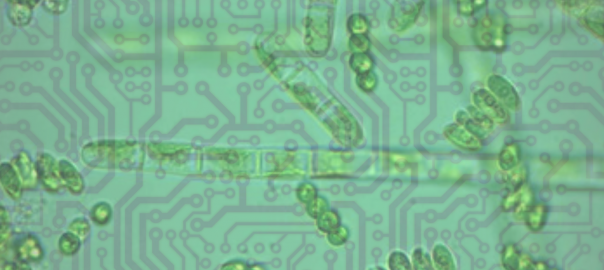
Helen Hill | Darwin Project
Microbes mediate the global marine cycles of elements, modulating atmospheric CO2 and helping to maintain the oxygen we all breath yet there is much about them scientists still don’t understand. Now, an award from the Simons Foundation will give researchers from the Darwin Project access to bigger, better computing resources to model these communities and probe how they work. Continue reading Phytoplankton & Chips
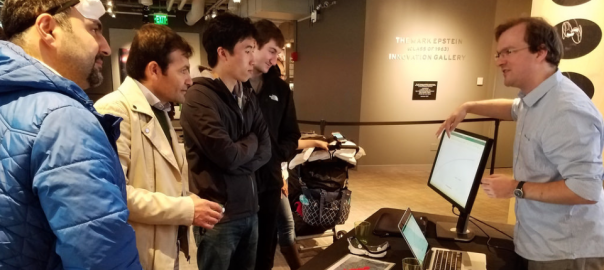
MIT Darwin Project oceanographers explore Earth’s seas with the Boston community for the 2017 Cambridge Science Festival at the MIT Museum. Continue reading Darwin Goes to CSF 2017